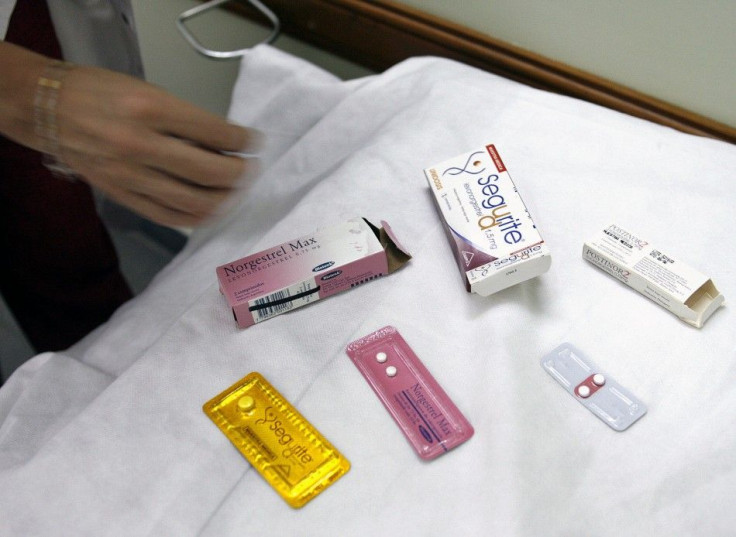'Newer' Birth-Control Pills Pose Increased Blood-Clot Risk: Study

Women who take newer types of contraceptive pills face a increased risk of developing dangerous blood clots, a recent British study claims. But the study, which supports previous research findings, also notes that the risk remains rather slight.
The study found that women who take contraceptive preparations made of a newer version of the progesterone are at four times greater risk of developing a blood clot called venous thrombo-embolism (VTE) than a woman not on pills. The newer version of progesterone hormone includes preparations such as, cyproterone, desogestrel drospirenone and gestodene. The researchers found that older versions of the hormone, including norethisterone and levonorgestrel, were better than the newer version, in terms of avoiding blood clots.
The researchers based their study on the findings of a 2013 study conducted by a European drug watchdog group. The previous study associated the use of newer contraceptive pills with a risk of developing serious blood clots.
The recent study further analyzed two prescription databases to study the link between the use of pills and the occurrence of VTE in women. The team looked at the data for over 52,000 women aged 15 to 49. Other lifestyle factors, including smoking habits, dosage of pills and body fat were also taken into account.
The researchers found that women consuming older versions of the pills were 2.5 times more likely to develop VTE than those who did not consume any pill. The risk of developing VTE was 1.5 to 1.8 times higher in consumers of the newer version, than in the ones who consumed the older progesterone preparations.
The complete study has been published in the journal BMJ.
© Copyright IBTimes 2024. All rights reserved.





















